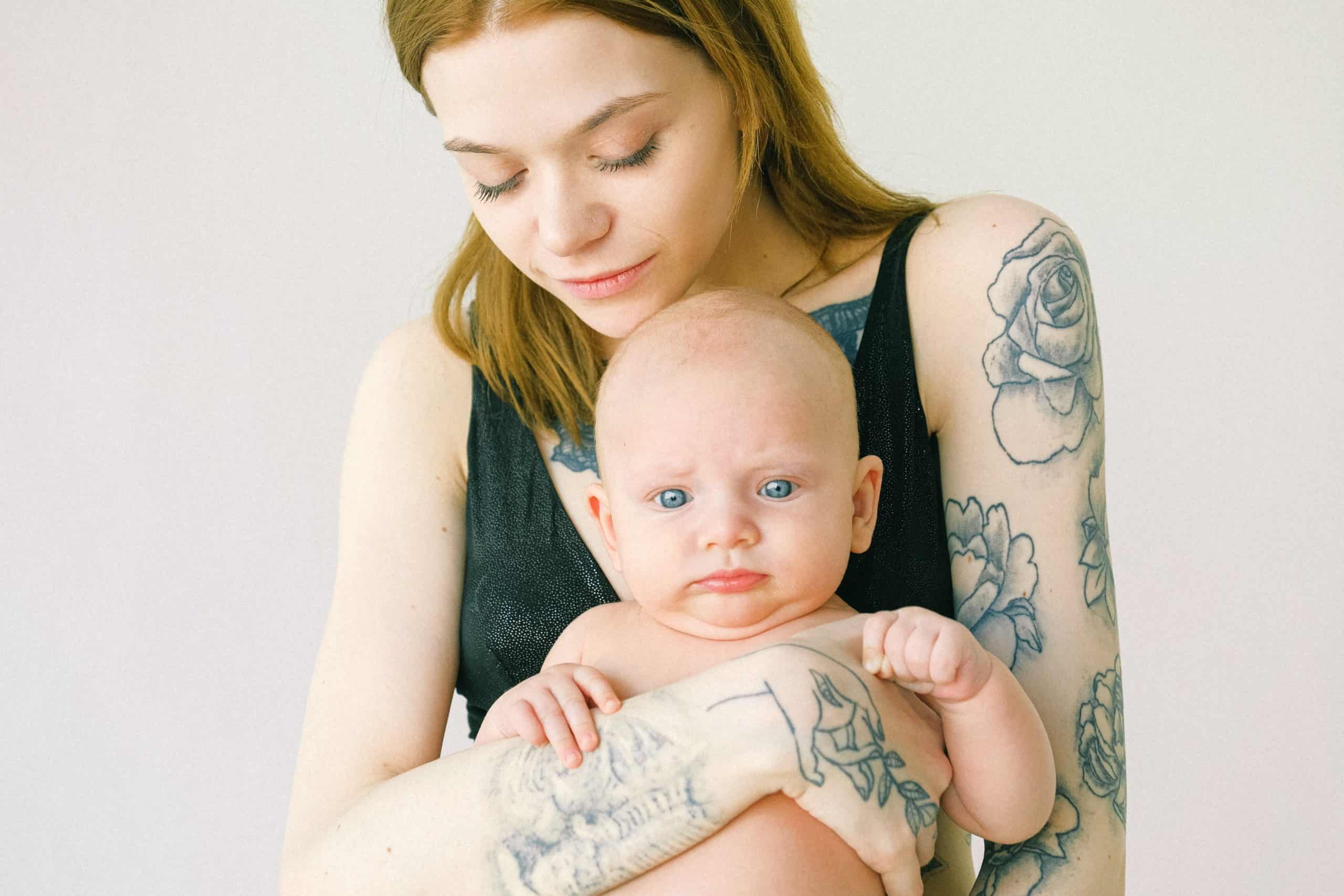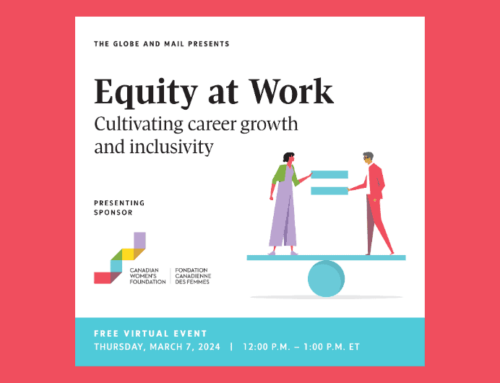In 2021, mothers and family caregivers have good reason to be angry.
Mothers may not always feel they can express their anger without being criticized—we’ve all seen examples of women being called “hysterical,” “moody,” “uncaring,” or “aggressive” when they talk about what frustrates them.
New data collected as part of The Mother Rising campaign spotlights what mothers are struggling with during the COVID-19 pandemic. And they’re angry about it. Over a quarter of Mothers report feeling “angry”. One must only look at the rest of the data to see why this might be the case:
More than one quarter of Mothers report feeling afraid to take time off from work for fear that they will lose their jobs.
The idea that mothers should be the primary caregiver in a family is deeply entrenched. Perhaps nowhere is this more present than in how employers respond to mothers versus fathers.
Research shows that women who have children generally pay a price when it comes to salary, while men benefit from becoming fathers; this phenomenon is sometimes called the “motherhood penalty,” versus the “fatherhood bonus.” A 2019 RBC study found that the earning gap new mothers experience compared to new fathers persists for at least 5 years after women return to work following the birth of a child. The report also found that the earnings gap is wider and lasts longer for women in the 25 to 29 age range than those who have children later.
Mothers, especially new and younger mothers, face job insecurity in a way that fathers just don’t. This unfairness has been deepened during the COVID-19 pandemic. Women are concentrated in many of the sectors that have been hardest hit by COVID: retail, service, and hospitality. In fact, women accounted for nearly two-thirds of the early job losses.
Increased job insecurity adds to the general anxiety surrounding taking time off from work or asking employers for the support needed to balance caregiving with paid work.
Half of Mothers agree that it has been exhausting trying to balance work and childcare responsibilities.
The pandemic has made it nearly impossible for those with children to adequately separate their paid work responsibilities with childcare responsibilities. The lockdown measures necessitated by the pandemic mean children must stay inside and are unable to access other spaces or play outside of the home.
The lockdown measures also means that those mothers privileged enough to work from home are now having to balance having their children present with their work. Without schools, childcare, or recreational spaces open to give mothers a break, those who can work from home might find themselves trying to split between being the teacher, babysitter, and parent, in addition to their paid position.
Those who must leave their home to work might struggle to find childcare right now, as many services are closed. And some mothers may be in a sector so heavily devastated by COVID-19 that they can’t afford to do not feel comfortable asking for time off to care for their children.
Mothers do more than their spouse when it comes to managing the child(ren)s schedules and activities (67% vs. 28%)
Unfortunately, for a myriad of reasons mothers still do much more unpaid care work than fathers or their spouses. The traditional, gendered division of labor is still deeply baked into our systems and structures, such as the family unit.
The data reflects the reality that, even though women make up a greater portion of our workforce than ever, women still take on much of the responsibility for caring for the home and for planning their children’s life.



Half of moms (47%) are not able to prioritize taking care of themselves.
Unfortunately, between the unpaid care work women are often saddled with alongside the fact the fact that women make up a large concentration of frontline workers responding to the pandemic itself, it’s little wonder that Mothers are reporting being unable to make themselves a priority before their other obligations.
36% of Moms report needing need more support to manage my day-to-day tasks compared to 29% of Fathers.
When support services shuttered their doors across the country, that is when we notice how necessary they are. Services such as day-care, after-school programs, sports, are not able to relieve Mothers of some of the work necessary to raising their children, or else they have moved online.
Mothers across the country are reporting that they need more support in their lives than previously—but, unfortunately, as the lockdown measures stretch into their 13th month, it is difficult to say if they will receive such support.
Mothers have every right to be angry—the pandemic has exposed gaps in the system like never before, and women, specifically mothers are often the ones to fall through. But there are solutions.
The Canadian Women’s Foundation has launched The Mother Rising, a national campaign focused on what diverse mothers and family caregivers are going through and what needs to happen to make things better for them.
Visit The Mother Rising to fill out an open survey for mothers and caregivers to share their experiences.







